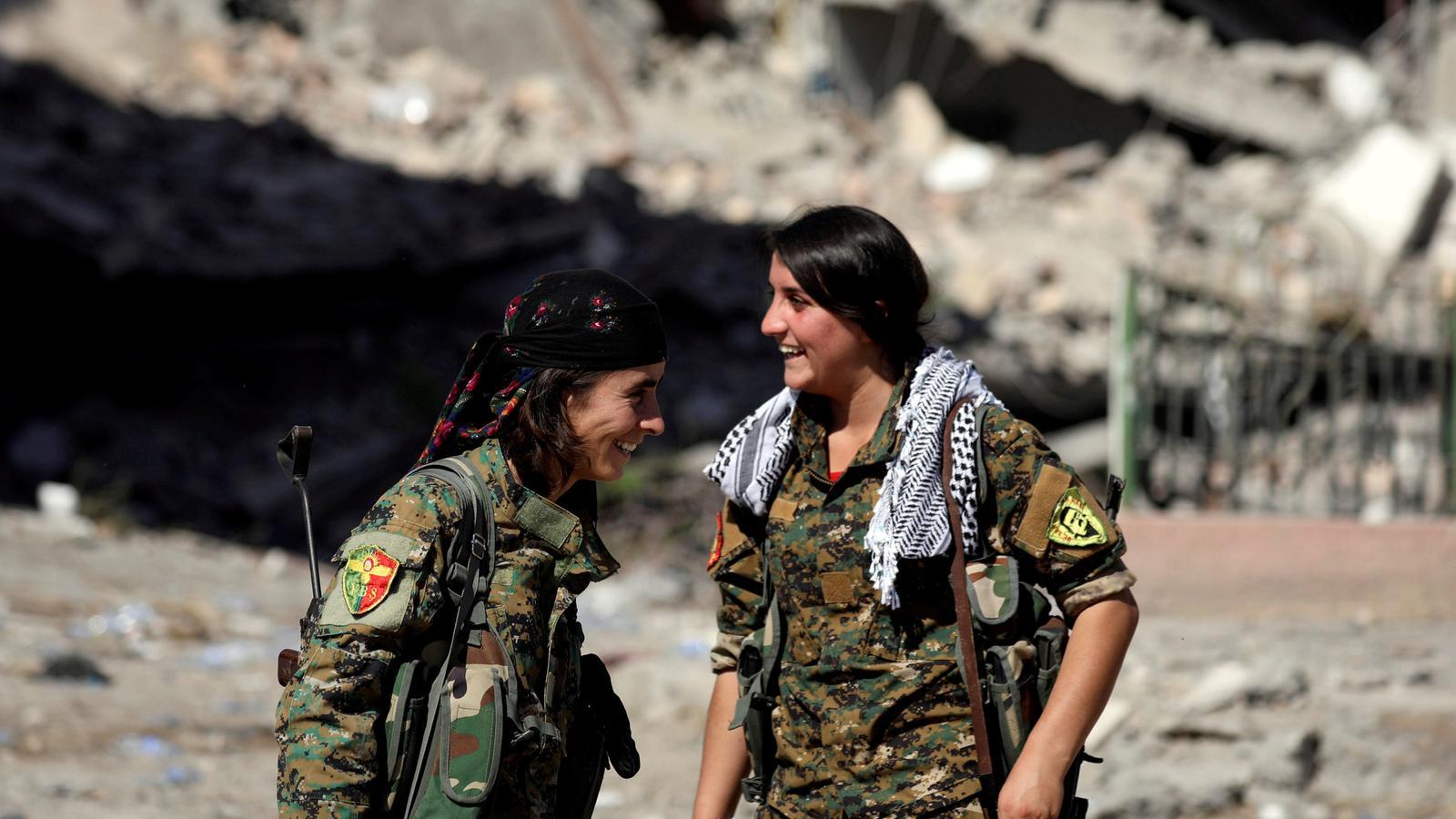Syria's new fracture: maximum tension between the new government and the Kurds
The integration of the Syrian Democratic Forces into the national army is in question.


BeirutViolence erupted again in Syria this week when a soldier was killed in clashes with the Kurdish-led Syrian Democratic Forces (SDF) in Aleppo province, the Defense Ministry reported through state media. The incident revives doubts about the integration agreement signed in March between the SDF and the interim government, designed to heal rifts in post-Assad Syria.
This pact, signed just a few months ago, provided for the incorporation of Kurdish autonomous institutions into the national army and central administration. It included control of strategic infrastructure such as airports, border crossings, oil and gas fields, as well as the recognition of Kurdish cultural and political rights. However, its terms contained key ambiguities: the SDF insisted on integrating as a bloc, while Damascus demanded individual enlistment, an unresolved contradiction that continues to block its implementation.
Today, this fragile agreement hangs in the balance. Damascus formally withdrew from upcoming Paris talks with the SDF, claiming that a conference held in the city of Al Hasakah organized by Kurdish leaders and attended by prominent Druze and Alawite leaders violated the pact and served as a pretext to invite foreign interference. The conference concluded with a call for a "democratic constitution that establishes a decentralized state" and guarantees fair representation for all of Syria's ethnic and religious communities.
For analyst Anthony Zelimeh of the Beirut Arab Research Institute, the presence of these minorities is "a deliberate strategy to give greater legitimacy to the decentralization proposal and challenge Damascus's position." In the capital, the gesture was perceived as a threat to the country's unity. The Ministry of Defense condemned the SDF's actions and warned that continued harassment of government troops would have consequences. The SDF, for its part, accused factions supported by Damascus of carrying out more than 22 attacks in the northeast, a cycle of hostilities that erodes trust.
The challenge to central control is not limited to the north. In the Druze-majority province of Suwayda, sectarian and political tensions erupted in July into armed clashes between rival factions and forces loyal to the government, with a death toll of more than a thousand. Weeks later, community leaders brokered a ceasefire that, while reducing the intensity of the violence, remains precarious, with sporadic skirmishes and the absence of effective state authority, illustrating Damascus's inability to impose order in peripheral regions.
Damascus, between Ankara and Washington
The international dimension adds another layer of risk. Türkiye, a key ally of the interim government, rejects any move toward decentralization, which it considers a threat to Syria's territorial integrity and an organic continuity with the Kurdistan Workers' Party (PKK), the historic Kurdish guerrilla group. In July, the PKK announced the start of a disarmament process. Ankara presented this as an opportunity to reduce tensions, but warned that decentralization in Syria that consolidates the SDF/YPG could derail this process. Turkey's perception is that, despite the PKK's disarmament, a related military structure persists on the other side of the border.
In parallel, Washington is walking a diplomatic tightrope. On the one hand, it maintains its support for the SDF. in the fight against residual cells of ISIS (Islamic State), but also reinforces contacts with Damascus to promote a controlled transition and avoid direct clashes. However, this balance fuels misgivings on both sides. The Kurds fear being reduced to a bargaining chip with Turkey, while Damascus is wary of any formula that legitimizes autonomous structures in the northeast.
The risk of further escalation is evident. As Zelimeh points out, the current dynamic "could precipitate Syria into a new internal conflict faster than at any time since the fall of al-Assad." On the one hand, an interim government seeking to restore central authority in a context of weakened institutions; on the other, consolidated Kurdish administrations increasingly determined to claim a formal role in the country's political future.
Syria finds itself at a crossroads. The integration agreement, once presented as a path to unity, is being paraded amid renewed violence and political maneuvering. The key questions of how to unify leadership, guarantee minority rights, and share power remain unanswered. The fragility of this pact could lead to the very fragmentation it was intended to avoid.
